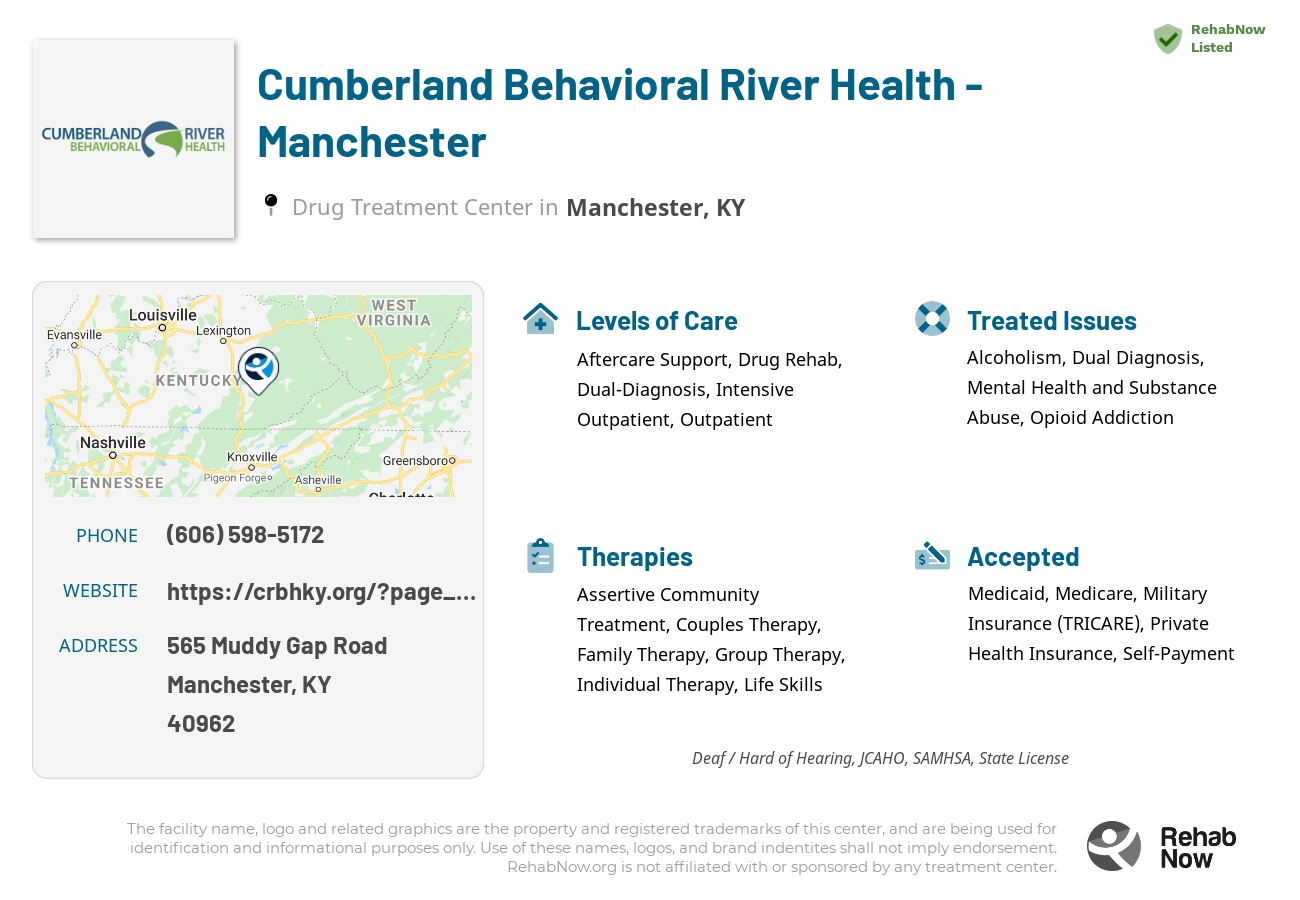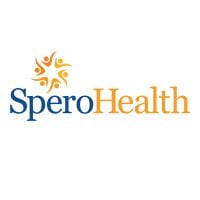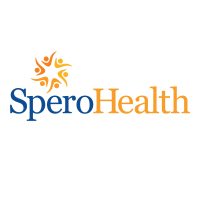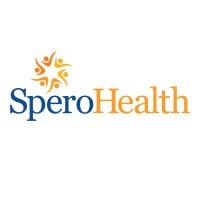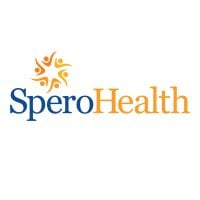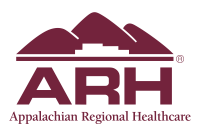Cumberland Behavioral River Health - Manchester
Drug Rehab Center in Manchester, Kentucky
Cumberland Behavioral River Health - Manchester is a nationally accredited addiction and substance abuse treatment center in Kentucky that offers evidence-based assessments, individual and group therapy, family therapy, medication management, and creative therapies to support individuals in their recovery journey.
About Cumberland Behavioral River Health - Manchester in Kentucky
Cumberland River Behavioral Health in Manchester, Kentucky, focuses on outpatient services for individuals grappling with mental health diagnoses and/or substance addiction. This facility stands out for its dedication to helping community members achieve long-lasting recovery and healthier living through a comprehensive and confidential treatment environment.
- Individualized Outpatient Services: Tailored to meet each patient's unique needs, aiming for full restoration of the individual's potential.
- Comprehensive Treatment Approach: Offers evidence-based therapies, including individual, group, and family therapy, alongside creative therapies like art and music therapy.
- Accredited and Recognized: Proudly accredited by the Joint Commission and licensed by the Kentucky Cabinet for Health and Family Services, with numerous awards in mental health and addiction treatment.
Cumberland Behavioral River Health - Manchester boasts national accreditation from the Joint Commission and holds a state license, reflecting its commitment to maintaining high standards of care. The facility's operational hours extend from 8:00 a.m. to 4:30 p.m., with flexibility for after-hours appointments, ensuring accessibility for those in need.
The center treats a range of addictions and mental health issues, employing a variety of treatment methods such as Cognitive Behavioral Therapy (CBT), Dialectical Behavioral Therapy (DBT), and Acceptance Therapy. With a focus on outpatient services, the facility is geared towards helping individuals achieve sustainable recovery and improve their quality of life.
Genders
Ages
Modality
Additional
Accreditations
State License
SAMHSA

JCAHO
Conditions and Issues Treated
Opioid addiction starts when a person becomes addicted to legal or illegal opioids. The addiction can happen quickly, in just a matter of days. Opioid withdrawal can be extremely uncomfortable and lead the user to continue to use even if they want to quit. Stopping using an opioid requires medical observation. Sometimes inpatient treatment with a medically supervised detox is necessary for managing the withdrawal process while learning lasting tools for maintaining recovery. Medications may be used in some cases of opioid addiction.
Opioid addiction is one of Kentucky‘s most prominent forms of addiction. It’s treated by detoxifying the body so that the chemicals from the medications no longer impact them and by therapies to correct behavior and target the root of the problem.
Recovery is not simply about stopping drug use. Recovery is working with addiction while recovering mental health issues that are fueling the addiction in the first place.
Levels of Care Offered
This center offers a variety of custom treatment tailored to individual recovery. Currently available are Aftercare Support, Drug Rehab, Dual-Diagnosis, Intensive Outpatient, Outpatient, with additional therapies available as listed below.
Addicts who need help with their addiction can enroll in an intensive outpatient program (IOP). But the patient won’t live there during treatment.
IOP involves patients visiting a medical office building regularly for therapy and other services while continuing to live their lives.
IOP is a step up from drug or alcohol detox, but it’s still a phase of recovery, not the end goal. Patients in need of IOP have many options for rehab and treatment.
Outpatient treatment is considered the lower intensity level of addiction treatment. It’s ideal for early phase addiction or lower intensity addictions. It may include weekly sessions instead of daily. It may include weekly sessions instead of daily. Peer group support, 12-step programs, and individual counseling may still be involved but at a lesser frequency than an intensive outpatient program. It is a good choice for someone who doesn’t need to go through a medically supervised detox and who has a supportive home environment. It requires motivation and dedication to commit to the program without constant monitoring.
Aftercare support should take place after outpatient treatment has ended. There are a few different types of aftercare support that patients can seek. These include 12 Step, Self-help groups (AA, NA), Therapeutic communities, Long-term, structured sober living arrangements, and Halfway houses (residential treatment centers).
Therapies & Programs
Individual therapy involves one-on-one sessions between the patient and therapist. It provides patients with a safe environment to openly discuss personal and sensitive issues with the therapist. They find the therapist as someone they can trust. Individual therapy aims to identify the core issues that would have led the patient to substance abuse and address them effectively. The therapist can develop patient-specific customized solutions through individual therapy, which aids speedier recovery.
Couples therapy works with clients and significant others in a professional capacity to improve relationship dynamics. This can be helpful for addicts who are trying to marry the idea of recovery into their work, family, social lives – any aspect that has to do with relationships.
Through counseling sessions, addicts will have an opportunity to talk about their addiction with professional partners. These partners can offer feedback and advice on how to get sober while keeping healthy relationships intact. A good couples therapist will help addicts understand their part in an unhealthy relationship dynamic or find ways to deal with anger or resentment from significant others outside of the home.
Family therapy is a group problem-solving that aims to improve communication and relationships between the addict, their family, and sometimes friends. The main goal of family therapy for drug addiction is to create an environment where communication can occur without judgment, hostility, or blame. The therapist is with the family as they learn to communicate differently, especially with the addict when s/he is using. The family can learn to reduce their enabling behavior or rally together and support each other during tough times.
An addict’s family can play a vital part in helping them to avoid relapse because they can spot the warning signs and help them get back on track before it becomes too much of a problem. Family therapy is one of the most effective ways to help addicts stay on the path to long-term sobriety. When a drug addict decides that they want to try and get sober, it takes the support of every person they love to succeed. It can be incredibly difficult for loved ones to watch an addict go through the pain and suffering of withdrawal, but by being there with them and supporting them, they can help to make sure that the addiction never returns.
Groups typically involve meetings with other recovering addicts who can relate to one another’s experiences. They might meet in person or online and typically focus on the process of staying sober rather than overcoming a specific addiction.
In these groups managed by Cumberland Behavioral River Health - Manchester, addicts can build a sense of community and develop strong emotional connections with others who understand what they are going through. These beneficial relationships can help addicts overcome their cravings and prevent relapse at any point during the recovery process.
Since addiction is a chronic physical and mental illness, addicts need to learn as many life skills as possible. Many drug treatment centers offer life skills activities as part of their addiction recovery programs. Examples include cooking classes, employment training, resume writing seminars, parenting classes, and computer training. Life skills activities help addicts find employment, take care of their families, and give back to the community.
Payment Options Accepted
For specific insurance or payment methods please contact us.
Is your insurance accepted?
Ask an expert, call (888) 674-0062
Cumberland Behavioral River Health Associated Centers
Discover treatment facilities under the same provider.
- Cumberland River Behavioral Health - Haven House in London, KY
- Cumberland River Behavioral Health - Independence House in Corbin, KY
- Haven House in London, KY
- Cumberland River Behavioral Health - Crossroads in Corbin, KY
- Cumberland River Behavioral Health - Harlan in Harlan, KY
Learn More About Cumberland Behavioral River Health Centers
Additional Details
Specifics, location, and helpful extra information.
Manchester, Kentucky 40962 Phone Number(606) 598-5172 Meta DetailsUpdated April 15, 2024
Staff Verified
Cumberland Behavioral River Health - Manchester Patient Reviews
There are no reviews yet. Be the first one to write one.
Manchester, Kentucky Addiction Information
Kentucky ranks among the top ten states for opioid-related overdoses. Most of these are due to heroin, fentanyl, and prescription opioid use. A little over 11% of the Kentucky population abuses alcohol in a given year. More than 15% of Kentucky adults admit to participating in binge drinking every month.
Manchester, Kentucky is considered one of the worst areas for drug abuse in the state. The city has seen a steady increase in drug-related problems in recent years. Of the 1,532 overdose deaths in the area in 2016, 62% were opioid-related. From 2015 to 2016, the number of reported hepatitis C cases increased by 33%. Some programs focus on medically-assisted detoxification, while others offer holistic or faith-based treatment.
Treatment in Nearby Cities
- Irvine, KY (40.0 mi.)
- Providence, KY (220.1 mi.)
- Hyden, KY (22.3 mi.)
- Kings Mountain, KY (52.6 mi.)
- London, KY (16.9 mi.)
Centers near Cumberland Behavioral River Health - Manchester
The facility name, logo and brand are the property and registered trademarks of Cumberland Behavioral River Health - Manchester, and are being used for identification and informational purposes only. Use of these names, logos and brands shall not imply endorsement. RehabNow.org is not affiliated with or sponsored by Cumberland Behavioral River Health - Manchester.





